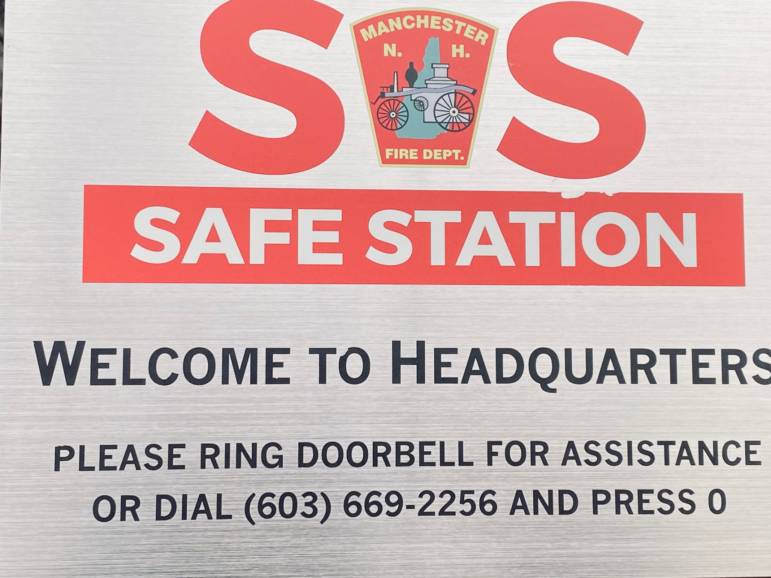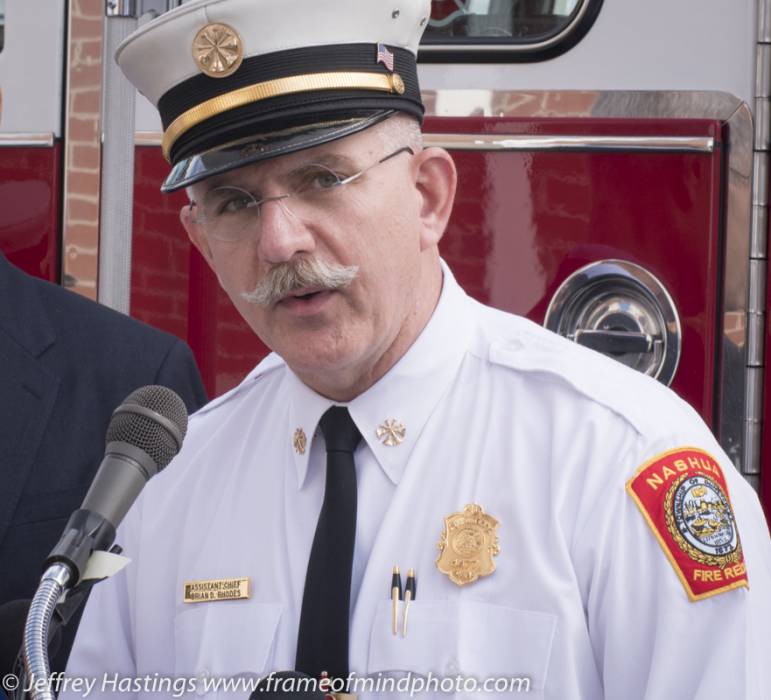
Are there multiple paths to fighting the opioid epidemic? Apparently there are, provided that one key component remains in place.
Six years ago, Manchester pioneered the Safe Stations program, an initiative providing immediate support to those suffering from opioid incidents at local fire department stations. The concept spread to other fire departments across the country, although in many parts of New Hampshire its role is slowly beginning to change.
Last year, Nashua saw the duties of its Safe Stations program shift to GateHouse Recovery Solutions, a portion of the state’s comprehensive approach to the opioid crisis known as the Doorway network.
Meanwhile, Manchester’s Safe Stations program has remained in place, despite efforts for the Queen City to emulate Nashua’s approach. Currently, Catholic Medical Center and other partners such as the Farnum Center provide long-term treatment assistance such as counseling and respite care among other services, but Manchester’s fire stations remain as a point of first contact for those seeking immediate assistance regarding opioid abuse.
Despite these two diverging routes, both Nashua and Manchester saw decreases in opioid deaths in 2020.
Although it’s too soon to determine how much of a role the COVID-19 pandemic played, leaders from both cities say that 24/7 access for those facing opioid emergencies is the key.
It took time for Nashua residents seeking help battling opioid addictions to adjust from going to their local fire station to going to GateHouse or Southern New Hampshire Medical Center for less immediate concerns, the ability to receive immediate help of some form at any time has remained in the Gate City.

According to Nashua Fire Department Chief Brian Rhodes, the evolution into anytime access to help has been the key in keeping opioid deaths down in southern New Hampshire.
“You talk to a lot people who come in and were thankful that they had an opportunity to get help when they wanted it versus calling in and being told to call back or come in tomorrow,” said Rhodes. “If you lose them when they’re ready for help and you send them back into the environment from which they came, the chance of them using (opioids) again are extremely high.”
In Manchester, the emphasis on immediate access for those in need of assistance has evolved to now also include community outreach by the Manchester Fire Department, aiming to make assistance for opioid abuse more proactive while also attacking other root causes of opioid abuse.
Manchester Mayor Joyce Craig says that the Safe Stations program as well as the associated community outreach programs have been critical toward helping Manchester avoid the rise in opioid deaths seen elsewhere in the country during 2020.
“When (firefighters) go out to people are, you’ve got medical care, mental healthcare, substance abuse disorder all together and helping someone where they are and where they need to be,” said Mayor Craig. “Having Narcan available as well as the outreach efforts have helped significant. This team is developing relationships with individuals and its working.”
The hope is that eventually the city will receive state assistance to emulate Nashua and transition emergency opioid abuse treatment into a 24/7 Doorways option with Catholic Medical Center. Until that point, the evolution of the Doorways program as well as Safe Stations has already played significant role in addressing the face of opioid abuse in the state.
“It’s important to remind people that Safe Station was put in at a place where these services were desperately needed and there was nothing else comparable in the state of New Hampshire. The (Manchester) Fire Department came forward with a cutting edge program to assist with substance abuse disorder,” said Craig. “When you think about the Safe Stations started, there were people coming in from outside the city and statistics show that is no longer the case as the Doorways system are in place. We’ve been working with the state to build the Doorways system even further to get 24/7 assistance across the state, which will be critical.”







